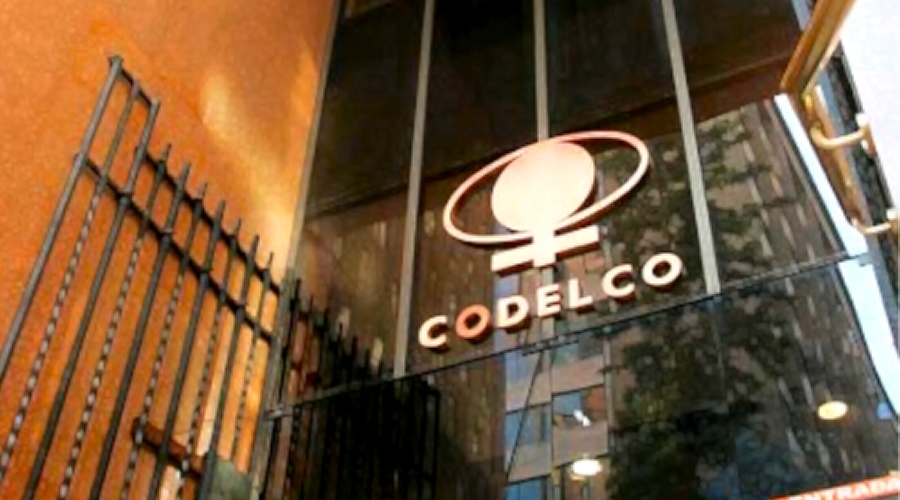Chile’s Codelco plans environmental impact pricing for copper

SHANGHAI, Nov 30 (Reuters) – Chile’s Codelco will soon sell its first copper cathodes with pricing that takes into account the environmental footprint of production, its chairman said on Thursday.
The plan would mark a stark change from the traditional pricing model for copper producers where the quality of metal is the price differentiator for what is otherwise a standardized product.
Under the scheme, customers would pay different prices for copper depending on the carbon footprint or impact on a local community of its production. The move echoes steps taken by the palm oil industry to establish a sustainable supply chain to address a tarnished environmental reputation.
State-run Codelco is currently negotiating with a team of customers – a trader, a wire producer and a final copper product producer – to establish a traceable system of certified copper, Oscar Landerretche told the Asia Copper Conference in Shanghai.
The initiative, known in English as Responsible, Sustainable and Traceable Copper, could be dubbed “feng shui copper” in Chinese, Landerretche said, explaining that it was needed because of the “over commercial” nature of today’s economy.
“Very soon we will carry out the first decommoditized copper sale in which the customer will recognize, with external certification, the environmental attributes of the production as a principle part of the value offer,” he said.
“This is imminent. Actually, it is going to happen during the next couple of months.”
Under the new terms, Codelco’s copper cathodes will be certified in eight ways: carbon footprint, water footprint, territorial impact, community impact, human rights, equal opportunity and inclusion, occupational safety and health, and transparency, ethics and traceability of funds.
“We dream of a decommoditized copper market that has differentiated prices for products with different certifications. We will do our part, but so must customers, consumers and partner companies,” Landerretche said.
While Codelco’s plan would mark a first for the copper industry, producers of aluminium started charging premiums for low carbon products and metal made from renewable energy earlier this year.
Industry sources said there was growing interest among copper consumers in lowering their overall carbon footprint.
“There is definitely a push from the smelting side in general to lessen the impact on the environment, especially in China. From that side of things you can’t ignore the potential (for differentiated pricing),” said commodities analyst Dan Hynes of ANZ in Sydney.
Landerretche said the pilot program involved one or two company divisions, but he hoped it would become standard for the market.
He also called for Chile to come up with a new governance model for lithium production that defines the relationship between miners and local communities, amid a boom in Chinese demand for use in rechargeable batteries.
Codelco officials are meeting with research institutes while in China to learn more about the process of lithium extraction, Codelco CEO Nelson Pizarro told Reuters on Wednesday.
(Reporting by Tom Daly, additional reporting by Melanie Buron, editing by Gavin Maguire and Richard Pullin).
{{ commodity.name }}
{{ post.title }}
{{ post.date }}




Comments